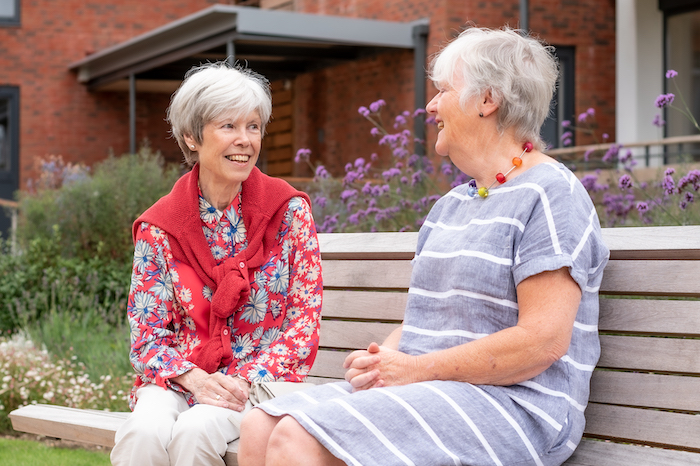
When athletes of equal physical ability and skill compete, mindset will determine which one has the edge.
Research has shown a positive mindset can positively influence an athlete’s performance – and many champions have cited it as the deciding factor in their wins.
And just like physical strength, it is possible to train mindset in preparation for success.

Master Vaughan Buxton, of South West Taekwondo Academy (SWTKD) who has won British, European and World titles, said: “The mind is powerful and its ability to help you succeed should not be underestimated.”
Consistency

Buxton, who is currently coaching a team for the world championships and has trained over a dozen champions, said consistency is key in both physical and mental training.
He said: “I see the students turn up for tough training sessions every week without fail. I remind them that not everyone is doing this – they’ve done the hard work.
“They’ll often train against people who are bigger and more experienced, who can push them. This not only develops their technique, but their grit.
“It encourages a positive mindset over time. I see them focusing on the benefits of each round, rather than counting down how many they have left.
“They stay in the present, taking one round at a time, rather than thinking too far ahead.”
Less is more

Studies have found athletes reach peak performance when they are in ‘the zone’ where the body can function with little conscious effort.
When athletes are in the flow, they no longer think about themselves, the crowd, or the result.
Buxton, who is also a Master Violinist, said ‘less is more’ when it comes to training and staying in ‘the zone’.
He said: “You can overwhelm students with information to the point they over-think and it no longer flows. It’s better to keep it simple and work on one thing at a time.”
Author Aldous Huxley described the ‘law of reverse effort’, in which the harder you consciously try to achieve a goal, the less likely you are to succeed.
So, it may explain why athletes tend to perform better when they relax.
Buxton, who is a senior manager with multimillion-pound bathroom distributor Davroc, said: “I see students’ sparring and patterns improve when they relax. Oddly enough, relaxation also takes practice.
“It helps to take deep breaths before and during their performance or match – they are also less likely to tire themselves out.”
Growth Mindset
Buxton believes humility, a key value of martial arts, is important for developing a growth mindset – ‘the idea that abilities can be developed and improved’.
This way students can learn from mistakes and bounce back from failure.
Controlled aggression
Controlled aggression enables a competitor to maintain their skill and tactics.
Buxton said: “Some aggression gives you greater focus and strength. But if you are too aggressive, it can become chaotic. It causes your muscles to tense, which can leave you tired.
“I’ve seen competitors who started out well, take a knock back and then see ‘red mist’ – where anger clouds their judgement and strategy.
“Again, it comes back to taking each round as it comes. If something doesn’t go to plan the first time, don’t get angry. Instead, reset and start again, knowing you can do better.”
Rest and recover
Just as it is important to feed the body correctly and rest – the same applies to a student’s mind.
Buxton encourages his students to reduce their use of electronic devices, including social media, which he has seen aid student’s performance, sleep and overall wellbeing.
He said: “The mind can become over worked and it helps to switch off. Then you can return rested, ready for the next challenge.”
He works with competitors to develop positive self-talk and self-belief, focusing on what they can control.
Buxton, who has helped students in their 70s to achieve their black belt, said a positive mindset is something that competitors can work on.
He said: “It’s just like learning any other skill – it takes time, effort and discipline.”
Expectation
Some competitors may feel under pressure because of the weight of expectation – both of themselves and from others.
Buxton said: “It can be tricky dealing with expectations, whether they are real or perceived.
“Students are supported along the way by coaches, family, friends and fellow classmates and they may feel pressure to make them proud.
“Here at SWTKD we like to remind them that we are already proud of them for putting in all the hard work. We strongly encourage them to enjoy both the process and the experience.”



